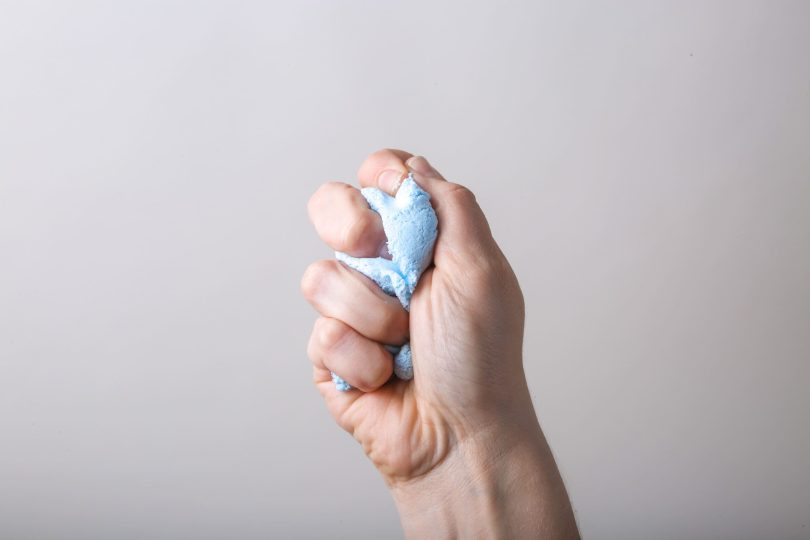In our fast-paced and demanding lives, stress has become a prevalent issue affecting our physical and mental well-being. The practice of Mindfulness-Based Stress Reduction (MBSR) offers a powerful approach to managing stress and finding inner calm. MBSR combines mindfulness meditation, body awareness, and gentle yoga to help individuals cultivate present-moment awareness and develop resilience in the face of stress. In this blog post, we will explore the principles of MBSR and provide insights on how to incorporate this practice into your daily life for stress reduction and enhanced well-being.
- Understanding Mindfulness-Based Stress Reduction: MBSR is an evidence-based program developed by Dr. Jon Kabat-Zinn in the late 1970s. It aims to reduce stress and improve overall well-being by cultivating mindfulness, which is the practice of paying attention to the present moment with curiosity and non-judgment. MBSR combines various mindfulness techniques, including meditation, body scan, and gentle movement, to help individuals become more aware of their thoughts, emotions, and bodily sensations.
- The Benefits of Mindfulness-Based Stress Reduction: Practicing MBSR offers numerous benefits for managing stress and promoting well-being. Research has shown that MBSR can reduce symptoms of anxiety and depression, improve focus and attention, enhance self-awareness, and increase resilience in the face of stress. Regular practice of MBSR can also lead to improved sleep, reduced blood pressure, and a greater sense of inner calm and balance.
- Incorporating Mindfulness-Based Stress Reduction into Your Daily Life: Here are some practical steps to incorporate MBSR into your daily routine:a. Mindful Meditation: Set aside dedicated time each day for mindfulness meditation. Find a quiet space, sit comfortably, and focus your attention on your breath or a chosen anchor point. As thoughts arise, gently acknowledge them and bring your attention back to the present moment. Start with shorter durations and gradually increase the time as you progress.b. Body Scan: Practice a body scan meditation, where you systematically bring attention to each part of your body, starting from your toes and moving up to your head. Notice any sensations, tension, or areas of relaxation as you scan through each body part. This practice helps cultivate body awareness and promotes relaxation.c. Mindful Movement: Engage in gentle yoga or mindful movement practices, such as Tai Chi or Qi Gong. Pay attention to the sensations in your body, the movement of your breath, and the present-moment experience of each posture or movement. These practices help integrate mindfulness into your physical movements and promote a sense of embodied awareness.d. Informal Mindfulness: Bring mindfulness into your daily activities. Practice being fully present and engaged in whatever you are doing, whether it’s eating, walking, or engaging in conversations. Notice the details, textures, tastes, and sounds of your surroundings. This brings a sense of mindfulness into your everyday life.
- Cultivating Resilience and Inner Calm: MBSR teaches us to develop a non-judgmental and accepting attitude towards our experiences. Through regular practice, we learn to respond to stressors with greater awareness, acceptance, and compassion. This cultivates resilience and helps us navigate challenging situations with a sense of inner calm and balance.
Conclusion: Mindfulness-Based Stress Reduction is a powerful approach for managing stress, cultivating present-moment awareness, and finding inner calm. By incorporating mindfulness practices into your daily life, you can reduce the impact of stress, improve your overall well-being, and develop a more grounded and resilient mindset. Embrace the principles of MBSR, start with small steps, and witness the transformative effects of present-moment awareness in your life.







